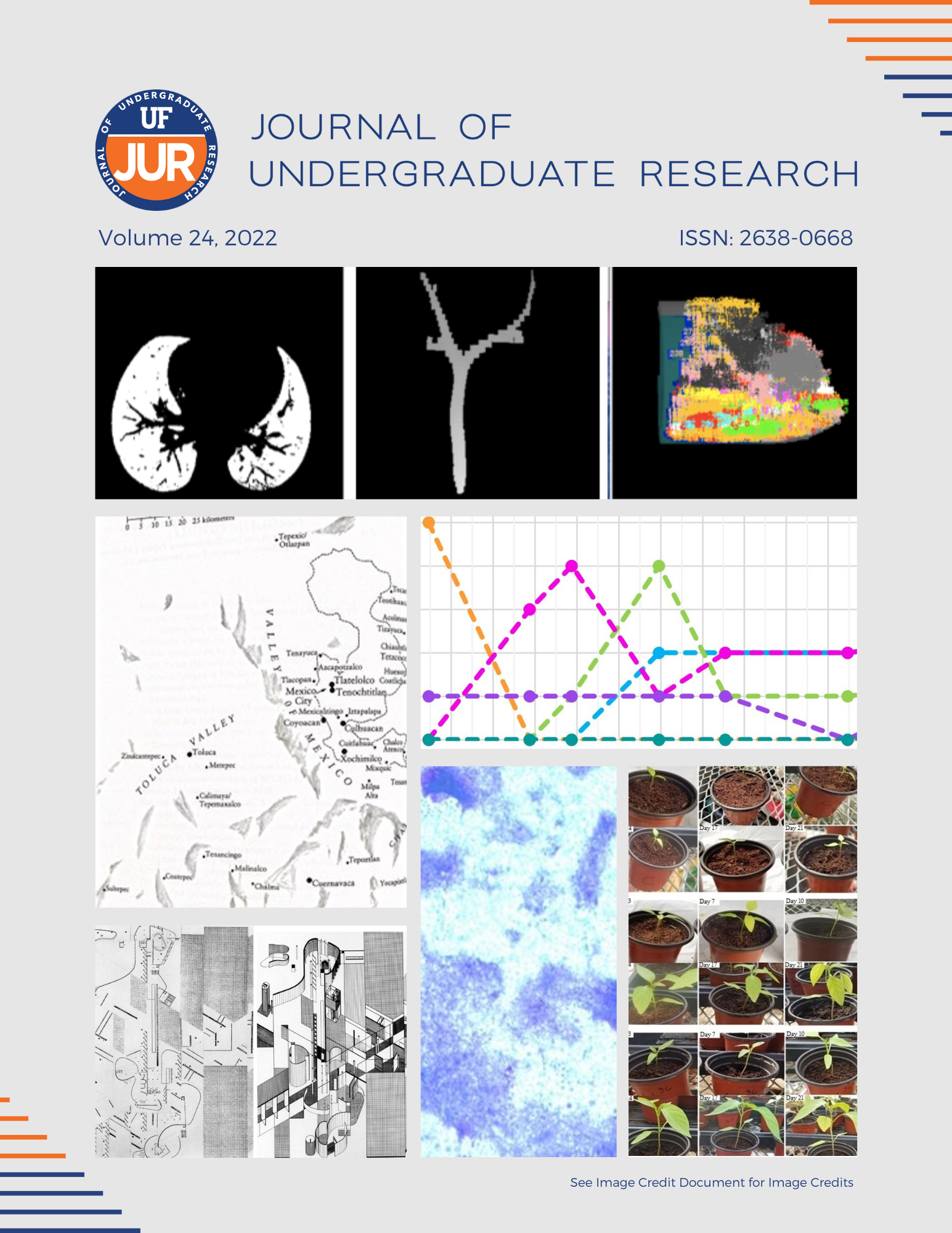Rhetoric, Policy, and Medicine: An Analysis of the Effects of COVID-19 on Florida Policymaking
DOI:
https://doi.org/10.32473/ufjur.24.130768Keywords:
rhetoric, policy, medicine, healthcare, politico-medical, COVID-19, pandemic, regulationAbstract
As with most institutions in the United States, healthcare is subject to its own unique set of issues, the largest of which pertain to the quality of and access to medical care. These issues were initially spawned at the federal level and currently still exist on a national scale; however, due to the political structure of the U.S., statewide governments have a large hand in the control and dispersal of medical care. With the onset of the COVID-19 pandemic, greater emphasis has been placed on the installment of public health measures like Coronavirus testing, mask-wearing, and vaccination, as a response to the shortcomings of clinical care; a result of this public health emphasis is a heightened need for governmental regulation of healthcare at a statewide level. This meta-analytical study aims to assess the role of political rhetoric in regulating healthcare amid COVID-19, specifically within the state of Florida. Applying a rhetorical lens to the politico-medical intersection has yielded four overarching means of general healthcare regulation: legislation, executive order, speech, and action. These four political extensions of rhetoric have each played a role in managing the health and livelihood of Florida residents throughout the COVID-19 public health crisis, and the assessment of these extensions has immediate implications with regard to understanding the issues of the U.S. healthcare system in other states, and on a federal level. Beyond this, analyzing the role of rhetoric in the politico-medical relationship may also help improve and understand the conditions of both institutions in many contexts.
Metrics
Downloads
Published
Issue
Section
License
Copyright (c) 2022 Mohamad Adada

This work is licensed under a Creative Commons Attribution-NonCommercial 4.0 International License.
Some journals stipulate that submitted articles cannot be under consideration for publication or published in another journal. The student-author and mentor have the option of determining which journal the paper will be submitted to first. UF JUR accepts papers that have been published in other journals or might be published in the future. It is the responsibility of the student-author and mentor to determine whether another journal will accept a paper that has been published in UF JUR.

